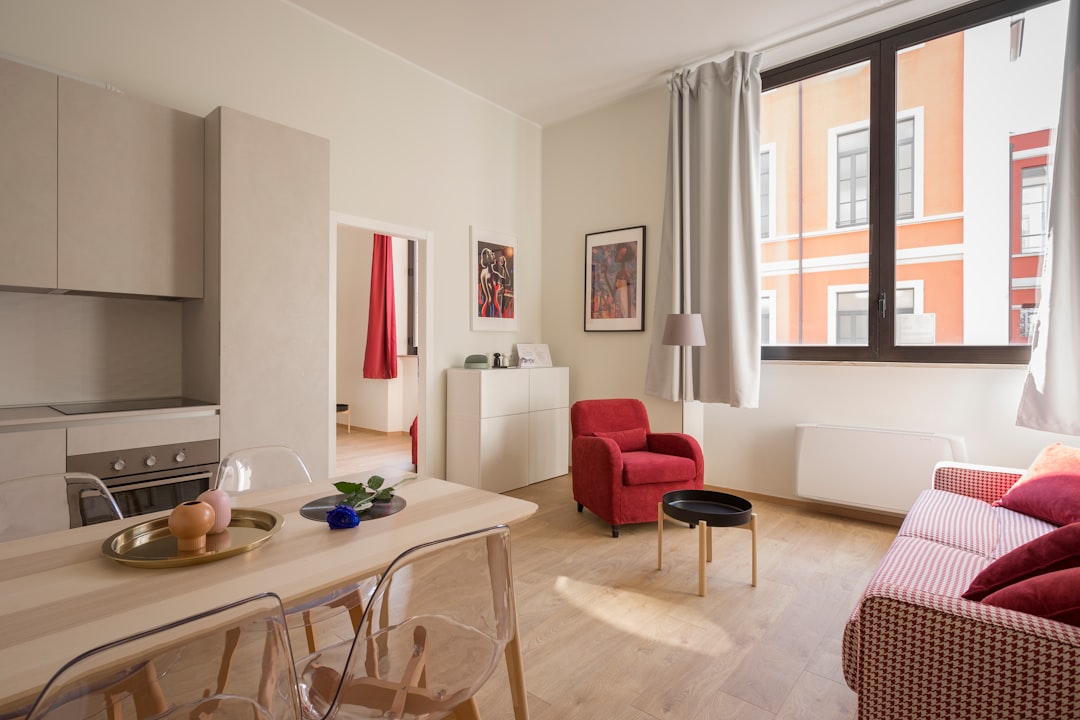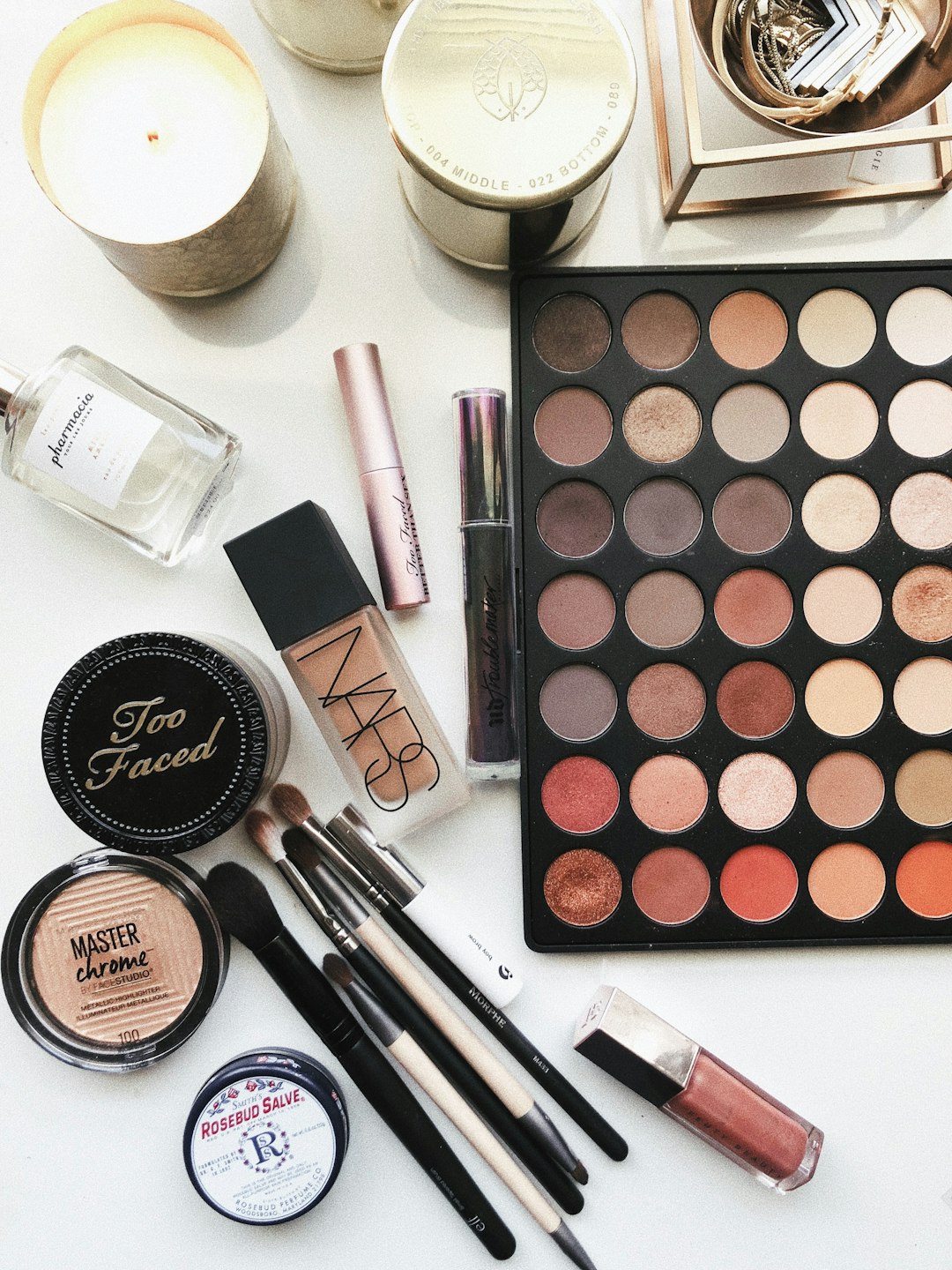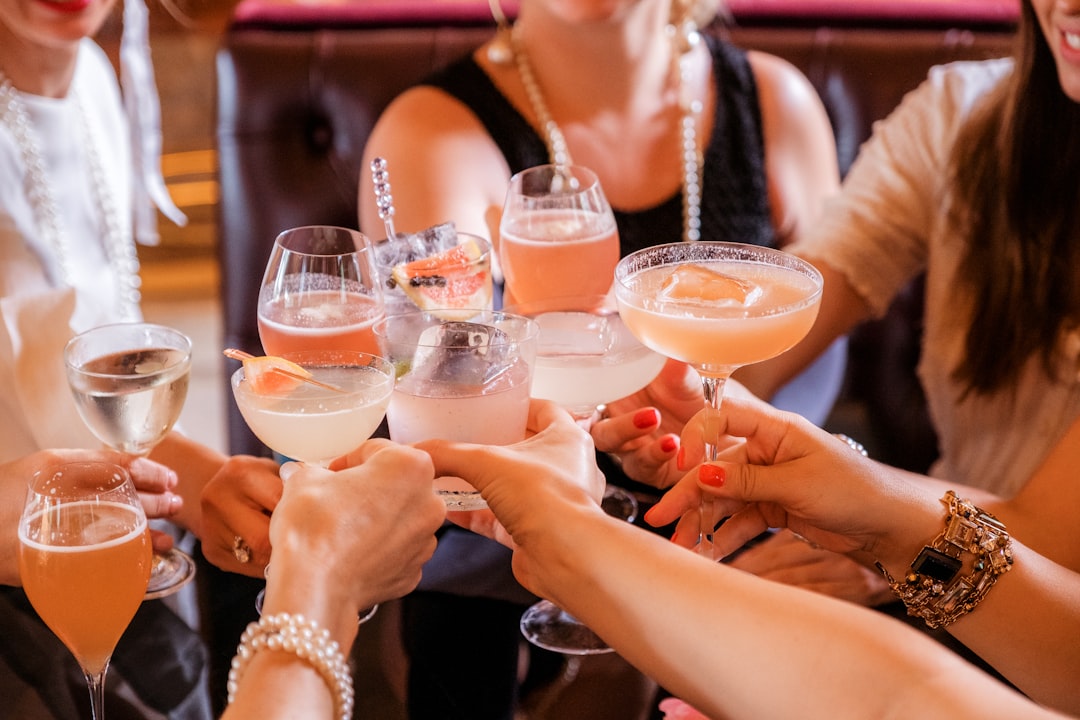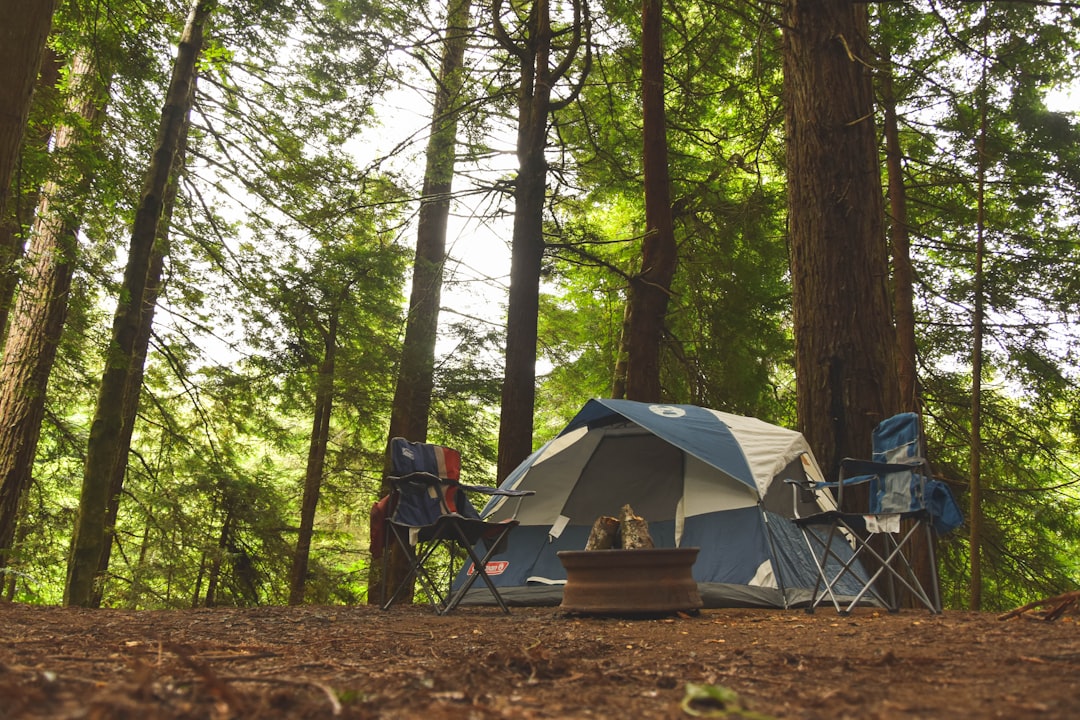The growing trend of non-alcoholic beverages is changing the way people socialize and enjoy drinks. As more individuals seek healthier lifestyles, the demand for these alternatives is on the rise. This shift is not just a fleeting trend but a significant change in consumer behavior that could reshape the beverage industry.
The movement towards non-alcoholic drinks is fueled by health-conscious consumers who want to enjoy the social aspects of drinking without the negative effects of alcohol. These beverages offer a way to partake in social gatherings without feeling left out or compromising one’s well-being. From non-alcoholic beers and wines to innovative craft mocktails, the options available are both diverse and appealing.
One of the main drivers behind this trend is the increasing awareness of the health risks associated with excessive alcohol consumption. Many people are becoming more informed about how alcohol can affect both physical and mental health. As a result, they are seeking alternatives that allow them to maintain their social life while supporting their health goals. This shift has been embraced by many, from young adults to older generations, who are choosing to reduce their alcohol intake.
The rise of the non-alcoholic beverage industry is also linked to the broader wellness movement. People are more interested in what they put into their bodies and how it affects their overall health. Non-alcoholic beverages fit neatly into this lifestyle, offering refreshing options that are often lower in calories and free from artificial additives. This aligns with the desires of consumers who prioritize clean and mindful eating.
The market for non-alcoholic drinks is rapidly expanding, with many new brands and products emerging. This growth is not only happening in specialized health stores but also in mainstream supermarkets and online platforms. For instance, The Non-Alcoholic Club provides a platform where enthusiasts can explore and purchase a variety of non-alcoholic options. This accessibility makes it easier for consumers to experiment with different flavors and find their favorites.
Moreover, the cultural acceptance of non-alcoholic beverages is increasing as they become more common at social events and in restaurants. Bartenders and chefs are getting creative with their offerings, crafting sophisticated drinks that rival their alcoholic counterparts in taste and presentation. These innovative creations are designed to cater to a clientele that values quality and experience over alcohol content.
The hospitality industry is also taking note of this trend. Many establishments now offer dedicated non-alcoholic menus, ensuring that all guests feel included and catered to. This change is reflective of a broader societal shift towards inclusivity and mindful consumption. As more people choose to moderate their alcohol intake, the demand for high-quality non-alcoholic options is expected to continue growing.
For those interested in exploring the world of non-alcoholic beverages, there are countless resources available. Websites like provide insights into the latest products and trends, helping consumers make informed choices. These platforms often feature reviews, recipes, and tips for incorporating non-alcoholic drinks into one’s lifestyle.
In conclusion, the rise of non-alcoholic beverages is a testament to changing consumer preferences and a growing awareness of health and wellness. As this trend continues to gain momentum, it offers exciting opportunities for both consumers and producers. With a focus on quality, flavor, and inclusivity, non-alcoholic beverages are carving out a unique space in the beverage market, promising a vibrant future for those who choose to enjoy them.








